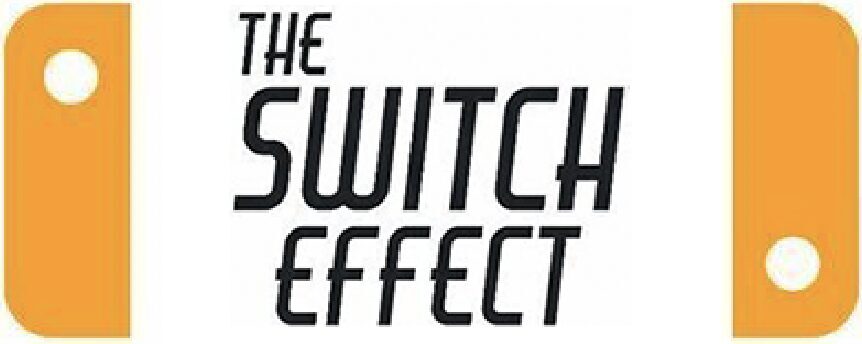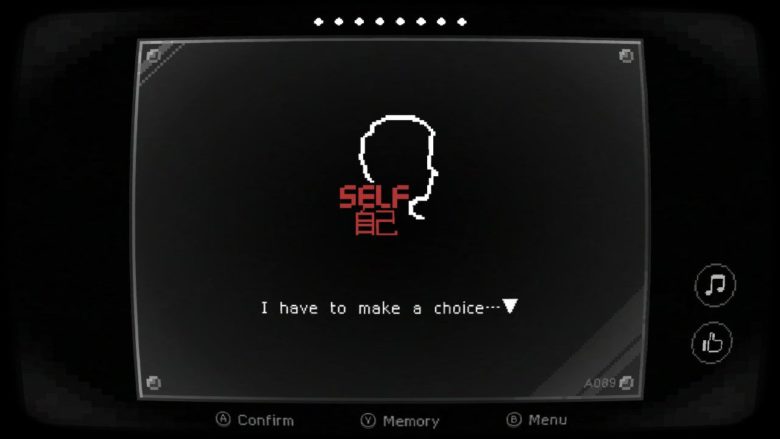[Review] SELF – Nintendo Switch
SELF
Developed By: doBell
Published By: Indienova
Category: Text-based Adventure
Release Date: 01.16.2020
A key element to any kafkaesque story is the persistent feeling of dread and confusion that comes from a series of bizarre events presented as normal. There’s humor in a kafkaesque story for anyone who knows how to laugh at the inescapable absurdity and for anyone who can relate. While I can see how SELF, a text-based adventure game that builds many different stories from your decisions to “face” or “avoid” various conflicts, shares some similarities to the stories of Franz Kafka, they don’t translate into much of a fun experience as a game.
SELF is a text-heavy game. As such, it’s not for everyone. Outside of a few mini games and images that serve as cutscenes, the entire story is told through words. It’s a choose your own adventure game in the purest sense. You begin the game as a boy looking for his father who has disappeared. From there, your search only gets weirder as every discovery yields more questions than answers. Each of the game’s pathways–depicted as cracks in a screen from which you can go back and choose another ending–eventually lead to a narrative fork in the road. From there the story unfolds as you decide to “face” any given conflict or “avoid” it.
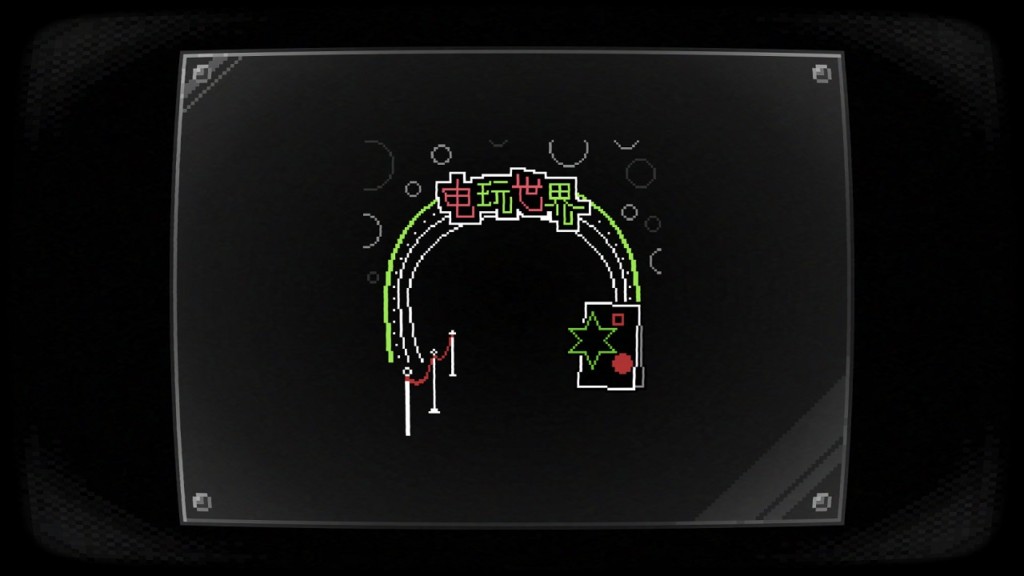
Conflicts in the increasingly enigmatic plot are decided by mini games that never amount to anything other than avoiding the red objects and touching the green ones. They aren’t very challenging, and while I admire the minimalistic aesthetic of telling a story in only two colors, here it just felt shallow. Besides a few moments of reconciliation and paternal love, the story wasn’t compelling either. The presentation was interesting when it used images in the background to fill in the details the text lacked, but I think the game too often relied on that gimmick to make up for poor overall quality in writing.
To make up for this, SELF uses a lot of ambient sound and music to build its dark world. The original soundtrack of 34 songs has a lot of snythy tracks, including many pretty ones with a sparse piano or pensive xylophone that do far more to create a mood around the story than the actual story itself. The different sounds in the background–rushing water or knocks on a door–typically follow silence and serve as a good example of when the game’s emphasis on minimalism works well. The game comes with a recommendation to wear headphones and a list of the songs to listen to from the main menu, which makes me think it was ultimately written around its score. Regardless, while not a masterpiece, the game’s soundscape is easily its best feature.
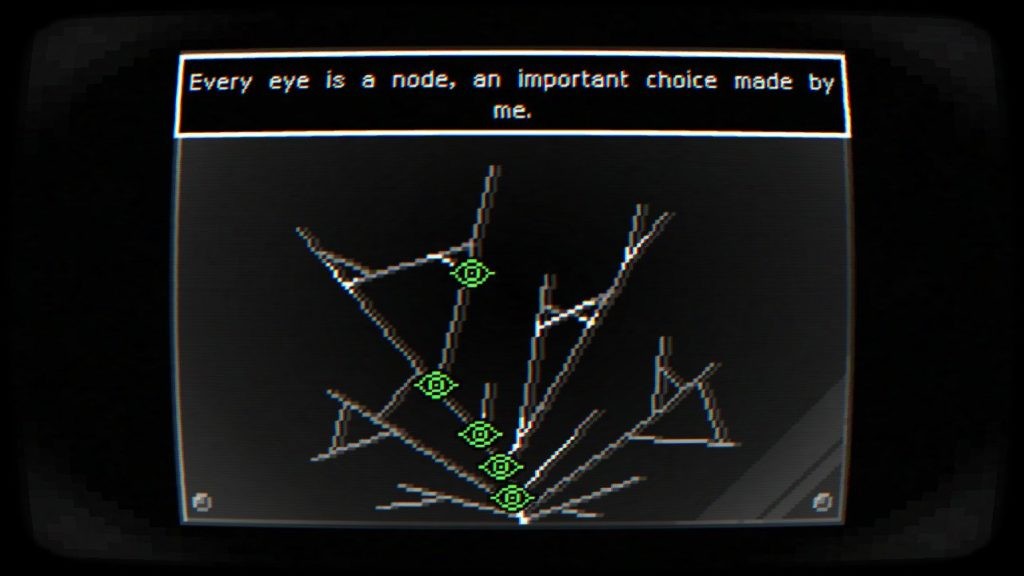
Memory Pieces are the only collectibles in SELF, which come after completing the events in one of the games half dozen or so threads. I can respect a story’s dedication to unraveling its narrative in a non-linear way, leaving us as players to put the pieces together, but here those pieces were so small as to feel vague and inconsequential. SELF is dream-like in its approach to telling the story, but when the puzzle can be put together in so many different ways the experience comes off feeling cheap. This is not to mention how often the writing seemed intended for a younger audience; some of it poorly translated, sounding wooden or underwritten.
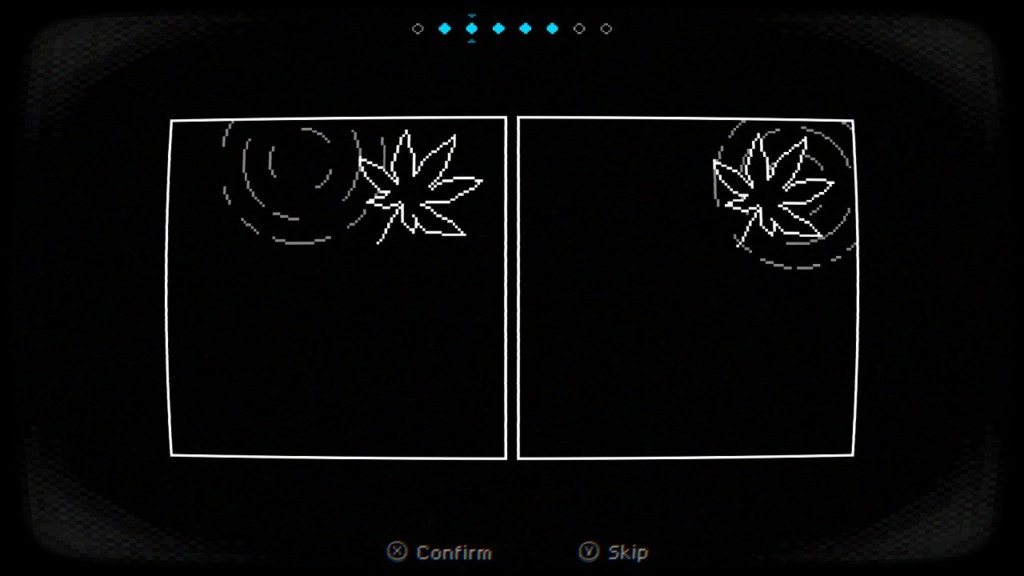
Thankfully, SELF is neither a long nor complicated game that should take you no more than a few hours to complete entirely. While effective in its minimal presentation of pixel imagery and color, SELF’s moody dreamworld is better realized through sound and music. Unfortunately, much of the game is still played by scrolling through text occasionally interrupted by a simple mini game, committing the error of mistaking a lack of detail for something more profound. It has some good ideas–a sort of kafkaesque way of storytelling, effective sound effects, and a dreamy, melancholic soundtrack–but none of them felt developed, which resulted in an empty, boring experience.






